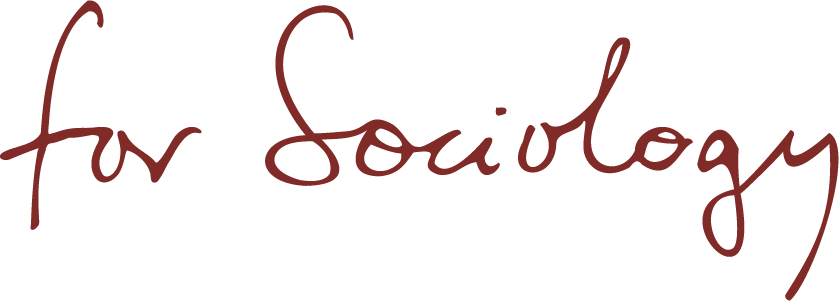How did you get into Sociology?
I took my first sociology class when I was an undergraduate at the liberal arts college in Kyoto, Japan. In this class, the concept of Gemeinschaft and Gesellschaft, advocated by Ferdinand Tönnies, was discussed centrally. I was fascinated to learn that there are different kinds of relationships. In my master’s thesis, I studied how caregivers cope with the caretaking of bedridden elderly at home. This caretaking of the elderly, who need special care in their daily life, was increasingly studied at the time. In the late 1980s, family sociology in Japan was focused on the patterns of family relations. I was particularly interested in the inequalities between family members. So, when I took a course about gender and social stratification by Professor Annemette Sorensen at the Department of Sociology, Harvard University, I realized that this is the topic I wanted to pursue further.
In the late 1980s and 1990s, many social scientists from North America and Europe showed interest in studying the rapid growth of the Japanese economy in Asia. In contrast, I wanted to explore Japan as an industrialized society from the perspective of inequality. I asked myself if it is true that Japan does not have any classes and if Japan is a homogeneous society in which a large majority shares a middle-class consciousness, as the concept of an all-middle-mass society suggested. I was very excited to learn about the lively debates in social mobility and stratification research from a cross-national perspective, mainly in Europe. Various societies are special in their own way, but at the same time, they share common features in forming inequality. That is how I get into Sociology. I started studying Sociology and got trained as a sociologist in Britain and the United States after I left Japan.
What makes you sociologically curious?
Two key aspects of social relationships make me sociologically curious: on the one hand, the macro-micro linkage of social relationships, and on the other, the different hierarchical orders of social relationships with regard to power and norms.
My central interest is how the macro and micro levels are connected. The population is a component of society, and at the same time, society is formed by population. More importantly, these relationships are not mutually consistent in a simple dimension and have different mechanisms to form them. Society is not an abstract concept but a dynamic entity in which different kinds of people with different backgrounds spend their daily lives.
I have particularly examined the meanings of such differences in the patterns and degrees of gender and generation, and they are at the very center of my sociological research. I ask: What are the differences? Why is a difference evaluated as right or wrong? How are such differences associated with rankings in values, desirability, and expectation? Inequality is derived from various differences.
One of the important differences is change. Sociology has focused on social change as one of the central sociological arguments for quite a while. People may feel change differently: some are aware of a significant change, while others do not find any change at all. Overall, there is no simple consensus on the degree or kinds of inequality between the macro and micro levels.
I see sociology as a useful analytical tool to explore the generating mechanism of these compounded phenomena.
What challenges does sociology face as a science?
The tensions between inequality and equity define my sociological inquiries. During the Covid-19 pandemic, we realized that we all are connected beyond borders. At the same time, people faced and suffered from different levels of risks and consequences derived from a common risk, a pandemic, by country and region. The United Nations declared sustainable development goals (SDGs), whose main idea is “no one will be left behind” launched in 2015. However, we face increasing and more serious divisions within and among countries. There is a huge gap in various resources and assets to cope with unknown global risks, including pandemics and war. We still witness that socially vulnerable people such as children, girls, women, and frail old people remain more likely to be victims of direct negative impacts of various social risks.
People are the ones who feel happiness/unhappiness and trust/mistrust, and such attitudes and assessments by individuals are also determined and associated with various relationships in different social systems and orders. Thus, as a science, I believe that Sociology can do more and contribute more because we have paid attention to and examined such complex relations at various levels and various institutions with which people affiliate simultaneously. Sociology can be closely associated with data science, and we have various kinds of data collection and methods of analyse. Thus, the main challenge that Sociology is currently facing to me is how this discipline can show its strength and leverage its peculiar role and position in policy-related analyses and the continued study of social relations.
Sawako Shirahase is Professor of Sociology at the Graduate School of Humanities and Sociology, University of Tokyo. She is a member of the selection committee of the Kohli Foundation for Sociology.


